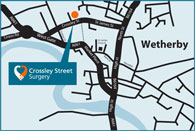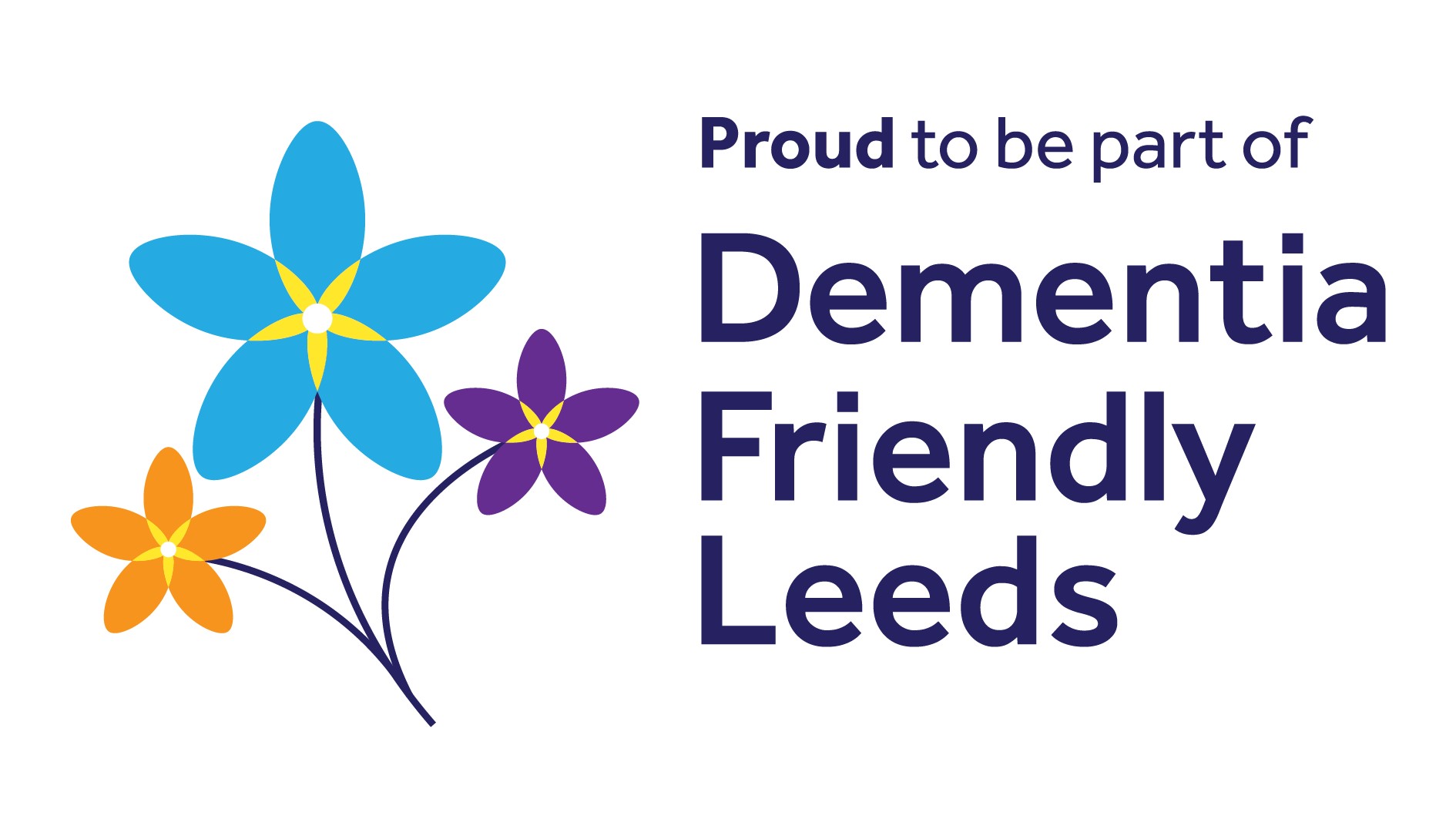It’s important that if you, or your loved ones, become suddenly unwell you get help quickly. Any delay could lead to disability or even death. We have developed the information below to help you understand when you need to ring 999 or go to A&E, when you should contact your GP practice and when other healthcare options would be better for you including online resources.
Your NHS is still here for you when you need us - Patient Leaflet
To help you here’s examples of when you need to contact 999 or go to A&E.
When to call 999 and attend A&E:
- Choking
- Chest pain
- Blackout
- Severe bleeding
- A serious injury
- If you think you’re having a stroke
- Here’s when you should contact your GP practice
When to see your GP
Call your GP if you have the following:
- Concerns regarding ongoing conditions
- Ear discharge / pain
- Rashes
- Stomach ache
- Any cancer symptoms such as lump in your breast, changes in bowel habits, blood in your pee or poo, unexplained weight loss, moles that appear to change or cough that you’ve had for three weeks or more (see NHS.uk for more information)
If you have coronavirus symptoms, please mention this when calling your GP practice, calling 999 or when you arrive at A&E.
Advice and guidance when caring for an unwell child aged 0-5 years




